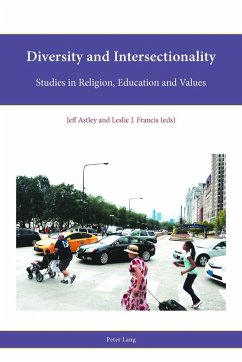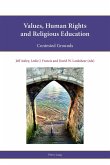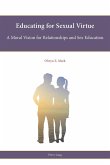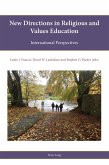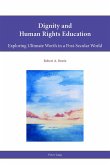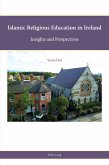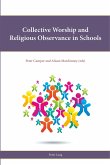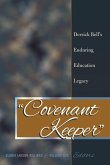This volume brings together two core concepts that are central to understanding the social and public significance of religions and theologies within the contemporary world and are therefore of key importance to the discipline of religious education: diversity and intersectionality. Religious diversity requires an understanding of religions and theologies and their roles within a plural society. However, the effect of the intersectionality of multiple social identities on a person's flourishing illuminates the ways in which the broader complexity of diversity must be viewed from different perspectives.
These core constructs were brought together in a recent conference convened by the International Seminar on Religious Education and Values, the leading international association for religious educators across the world. This volume presents twelve key contributions made to the seminar, spanning both conceptual and empirical approaches, and represents a unique collection of international perspectives on the interlocking themes of intersectionality and diversity.
These core constructs were brought together in a recent conference convened by the International Seminar on Religious Education and Values, the leading international association for religious educators across the world. This volume presents twelve key contributions made to the seminar, spanning both conceptual and empirical approaches, and represents a unique collection of international perspectives on the interlocking themes of intersectionality and diversity.

